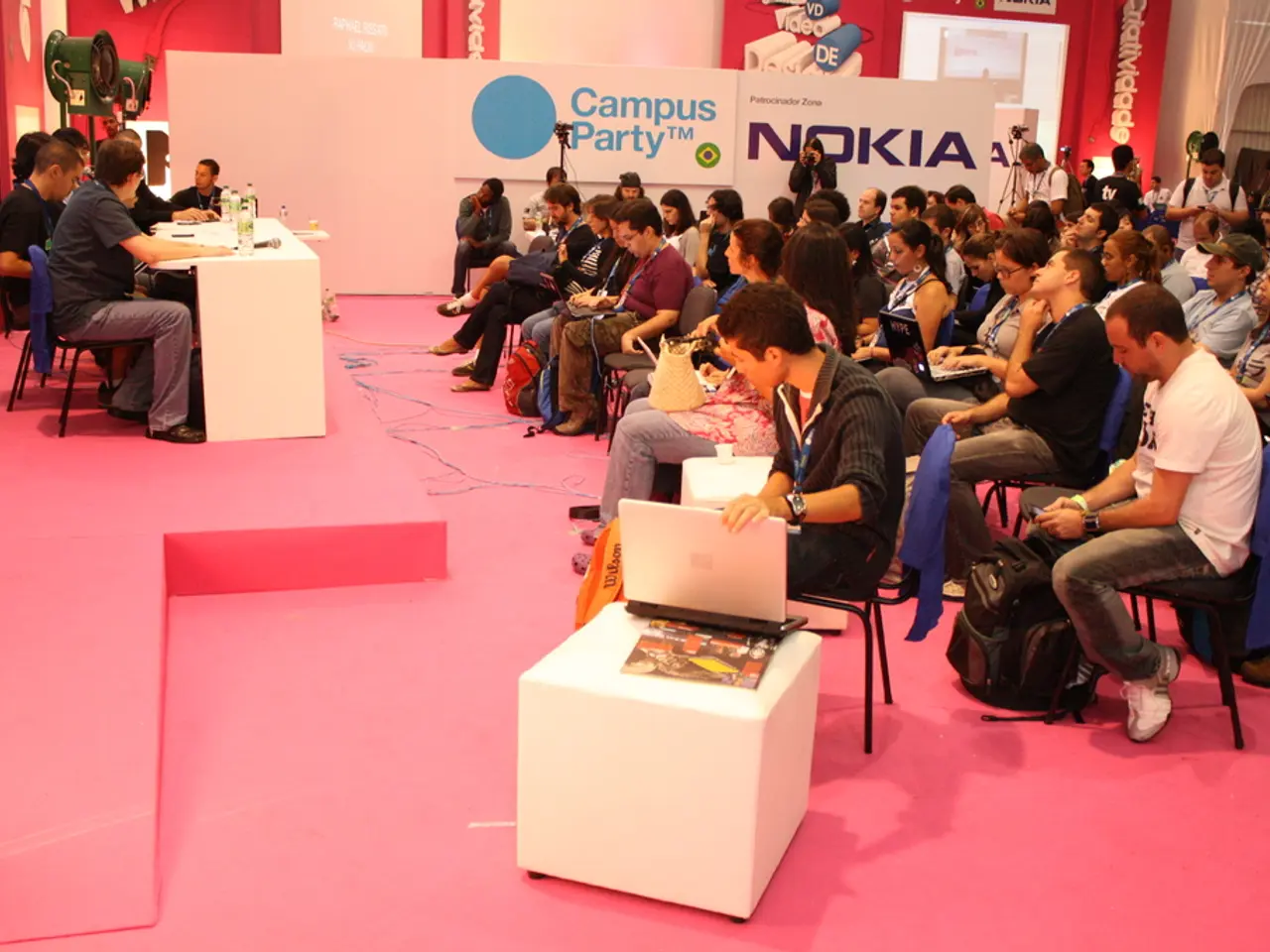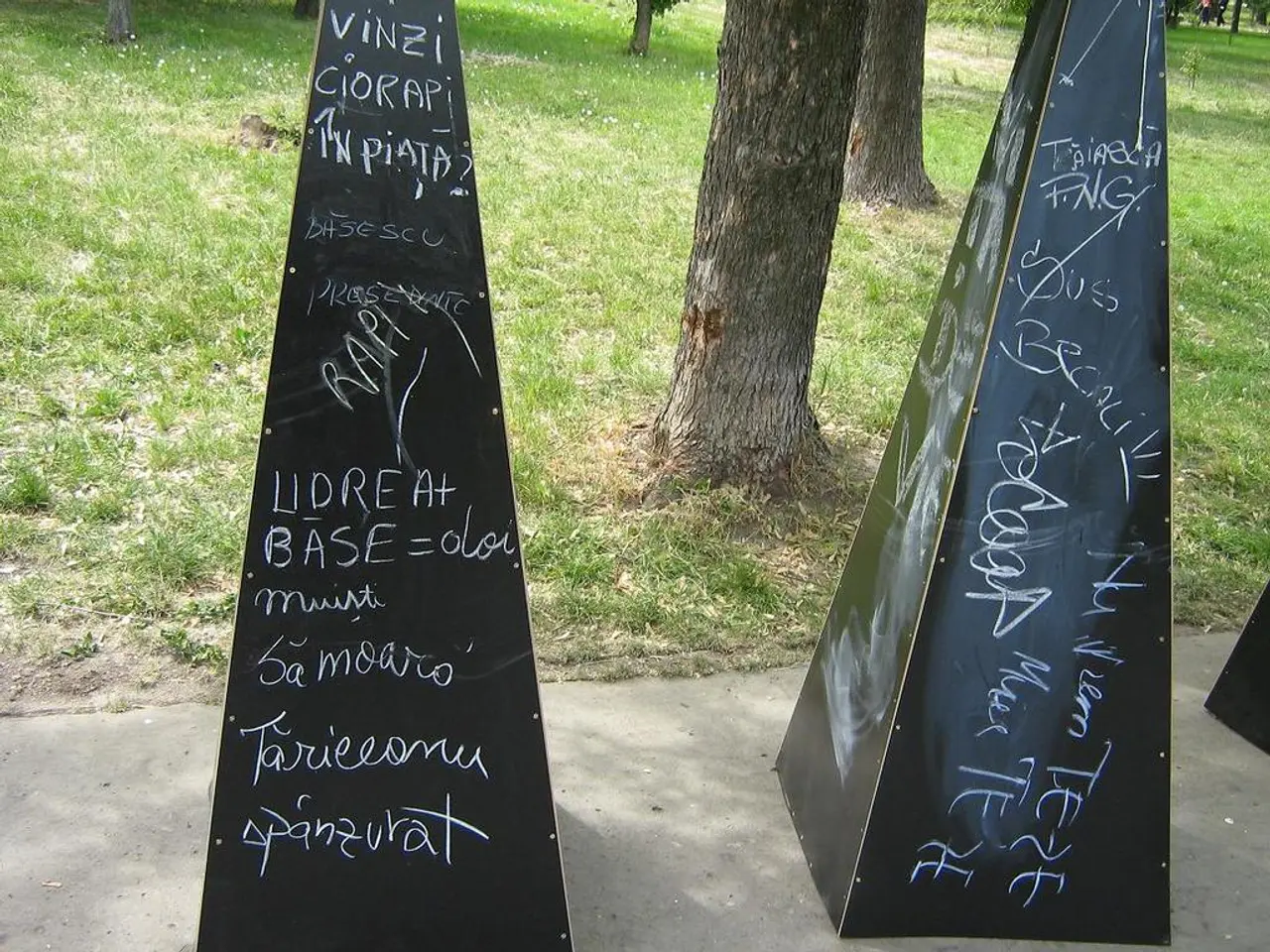Boss's Productive Days Benefit from Workers' Lethargy
In the realm of leadership, a new concept is gaining traction: efficient laziness. This strategy, popularized by consultant and author Uwe Seebacher in his latest book, is not about being idle or neglectful, but rather about working smarter, not harder.
The goal of this approach is to achieve more with less effort. Seebacher argues that it's not just about digitizing current, overloaded processes; true efficiency comes from radical simplification. This means leaving behind outdated decision-making paths, small-scale reporting obligations, and unnecessary control loops.
In a study by the job exchange Stepstone, it was found that employees in Germany spend more than eight hours per working week on little productive activities, such as unnecessary meetings, redundant tasks, and unclear, contradictory work assignments. Efficient laziness aims to address these issues by empowering leaders to delegate tasks effectively.
Boosting Productivity Through Delegation
By delegating effectively, leaders prevent burnout and reduce time spent on less critical tasks. This focused approach ensures that leaders invest their efforts in decision-making, vision-setting, and problem-solving, which drives overall organizational productivity.
Moreover, efficient laziness empowers team members, improving morale and motivation as individuals take ownership of their work. This delegation strengthens the sense of responsibility in the team, fostering a collaborative environment where everyone contributes to the success of the organisation.
Avoiding micromanagement from above and retrospective reinterpretation of delegated work results is crucial in this approach. Seebacher emphasizes the importance of clear goal settings, suitable selection of the person, realistic deadlines, and traceable responsibilities.
Streamlining Processes with Templates
A central tool of Seebacher's approach is templates - standardized templates for recurring tasks. This helps to limit duplication of work and streamline processes by tapping into the right expertise on the team.
Holger Schindler, a relevant figure in the discussion of lean management, also advocates for this approach. Together, these thought leaders are shifting the leadership culture from excessive control to more trust, clear structure, and conscious relief.
In conclusion, efficient laziness is a leadership mindset that values smart delegation as a key to boosting productivity, leveraging collaboration, and focusing energy on what truly matters. By embracing this concept, leaders can create a more efficient, productive, and harmonious work environment.
[1] Seebacher, U. (2022). Efficient Laziness: A New Approach to Leadership for Increased Productivity. Publisher. [2] Schindler, H. (2021). Lean Management: A Practical Guide for Executives. Publisher.
- In line with the notion of efficient laziness, leaders can streamline their business operations by implementing smart delegation, which helps reduce time spent on less critical tasks, boost overall organizational productivity, and foster a collaborative environment among team members.
- To further support the leadership paradigm of efficient laziness, standardized templates for recurring tasks can be utilized to limit work duplication, encourage expertise sharing, and enhance the overall effectiveness of the finance, management, and career aspects within a business.




